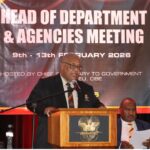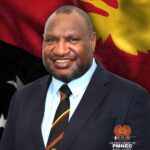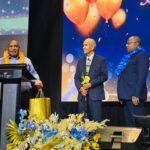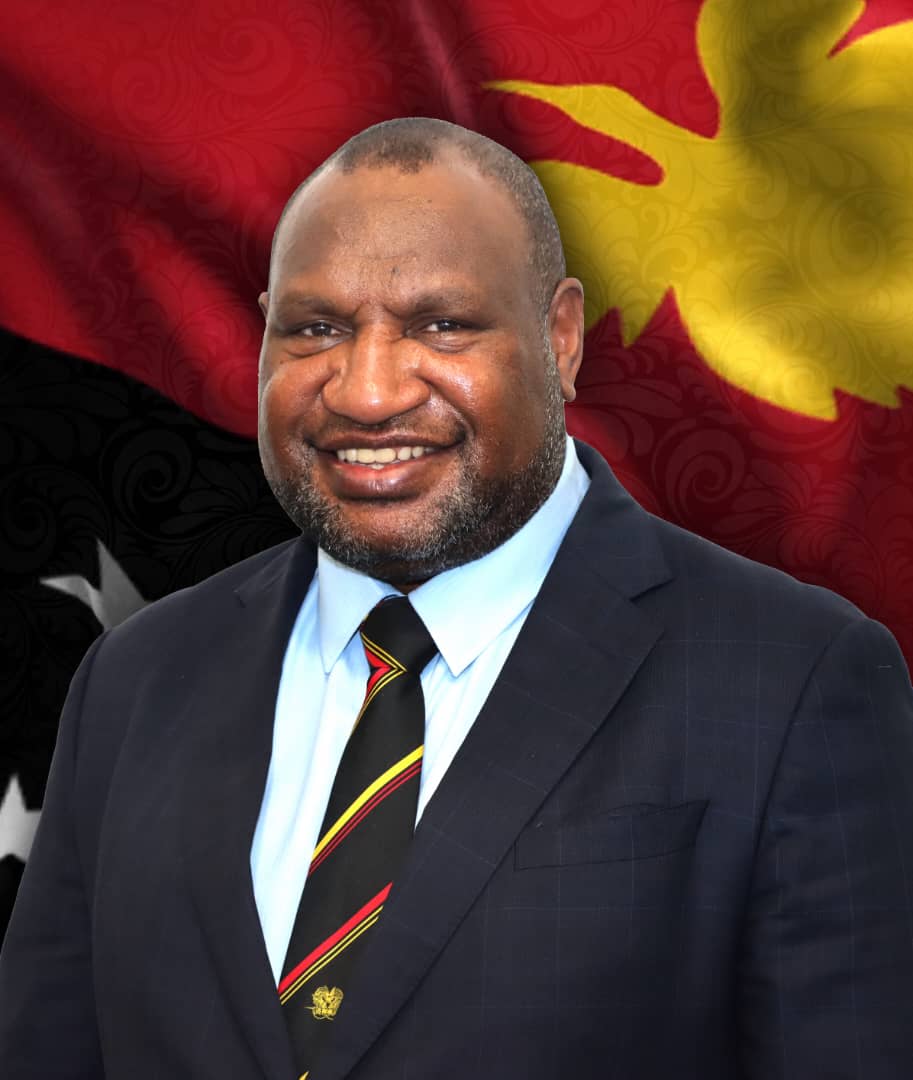Prime Minister Hon. James Marape has reaffirmed his Government’s commitment to empowering Local Level Government (LLG) Councillors to take a leading role in maintaining accurate Population Records and supporting community-level governance across Papua New Guinea.
Responding in Parliament today to a question from Middle Ramu MP Hon. Kansol Kamdaru on issues relating to the current LLG Elections, Prime Minister Marape said his Government is focused on restoring dignity, accountability, and full-time recognition for Ward Councillors and Local Level Government structures, which are the foundation of service delivery in rural Papua New Guinea.
“For the first time now, this Government is putting the Councillors on the Government Payroll — full time,” the Prime Minister said. “After this Election, one of the core, everyday responsibilities of our Councillors will be to keep accurate records of our people — their births, deaths, migrations in and out, and all population changes.”
Prime Minister Marape announced that the latest official Population Count, based on the latest official National Census announcement yesterday Thursday, 30 October, 2024, has established that Papua New Guinea’s Population stands at 10,185,363 people.
“Last night, we officially unveiled to the country our Population as at 16 June 2024 (National Census reference) — 10,185,363 Papua New Guineans,” he said. “This is a reliable reference point for our planning going forward. But counting the Population must not stop there — it must become an everyday task supervised by Provincial and District Administrations.”
The Prime Minister emphasized that continuous Population monitoring is essential for effective planning, budgeting, and delivery of Government services such as health, education, and infrastructure.
“Population doesn’t stop growing — every night, new Papua New Guineans are born,” he said. “That is why we must make it a standard administrative practice to count and record people continuously. There must be a Section within every Provincial Administration dedicated to maintaining population data, linked to Districts and local Health Centres.”
He explained that the role of LLG Councillors will now extend beyond governance and community mediation
to data management and civic administration, supported by both manual and digital systems.
“Whether it’s through an electronic update dashboard or manual word recording, we can integrate both to keep track of our population in real time,” Prime Minister Marape said. “Our Councillors are the frontline of governance — they must be fully engaged, well-resourced, and connected to the national data systems.”
The Prime Minister also commended the Minister responsible for National Census Hon. Richard Masere and his team for delivering the 2024 Census results in record time, noting that this was the fastest completion of Census reporting in PNG’s history.
“The last Census in 2011 took almost four years before the full results were released. This time, within a year, we have a verified number,” he stated. “I commend the Minister in charge of National Census Hon. Richard Masere and his hardworking team for their efficiency and commitment. Their work now enables every Governor and Provincial Administration to plan more accurately for their Provinces.”
Prime Minister Marape said the release of the new Population Data marks the start of a stronger and more integrated approach to National Planning, with Provincial and District Governments now expected to align Development Priorities with real-time demographic information.
“Every Governor will now be handed the Census results,” he said. “You will know exactly the Population of your Province. This is how we build our country’s development agenda — based on facts, not estimates.”
The Prime Minister concluded by thanking the people and leaders involved in the current LLG Elections, saying their participation demonstrates the strength of PNG’s democracy at the grassroots level.
“Our Ward Councillors are the heartbeat of Government at the community level,” he said. “We are elevating their status, giving them real responsibility, and ensuring that local leadership continues to play a vital role in building a stronger, better-governed Papua New Guinea.”






